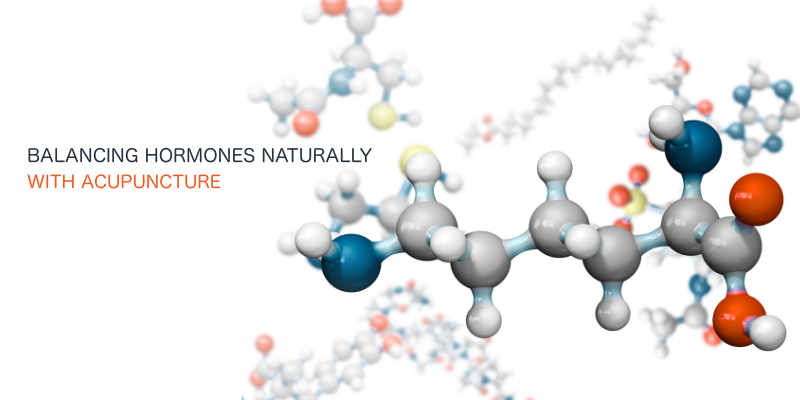By Einaz Farahmand
QubeCore Sports & Rehab Acupuncturist
Why do hormones matter during life transitions?
Hormones act as chemical messengers that regulate many processes, including reproduction, metabolism, energy, mood, and sleep. During life transitions like perimenopause, menopause in women, and andropause in men hormone levels shift, which can lead to symptoms like hot flashes, mood swings, fatigue, sleep disturbances, and decreased libido.
Acupuncture helps the body adapt to these hormonal changes by supporting the nervous system, circulation, and internal regulatory mechanisms. Treatments aim to reduce stress, balance signaling pathways, and improve the body’s ability to maintain equilibrium naturally.
How does acupuncture support hormonal balance?
Acupuncture influences the body’s hormonal and nervous systems:
- It can help regulate cortisol and other stress-related hormones, reducing anxiety and improving resilience to daily stressors.
- It supports reproductive hormone balance by modulating the signaling between the hypothalamus, pituitary gland, and gonads, which affects estrogen, progesterone, and testosterone levels.
- It can improve circulation and tissue perfusion, supporting the endocrine organs (ovaries, testes, adrenal glands) and helping the body respond efficiently to hormonal shifts.
- It encourages the release of neurotransmitters like serotonin and GABA, which can improve mood, sleep, and overall well-being.
Patients often notice improved sleep, more stable moods, reduced hot flashes, and increased energy over a course of treatments.
Lifestyle habits that complement acupuncture for hormonal health
Supporting your body during hormonal transitions is most effective when combined with healthy lifestyle choices:
- Balanced nutrition: Prioritize protein, healthy fats, fiber, and phytoestrogen-rich foods to support hormone synthesis and metabolism.
- Regular movement: Strength training and moderate cardio improve circulation, metabolism, and hormonal efficiency.
- Stress reduction: Meditation, deep breathing, or gentle movement helps regulate cortisol and nervous system function.
- Sleep hygiene: Adequate, consistent sleep supports hormone regulation and overall resilience.
Acupuncture works synergistically with these practices to help the body adapt smoothly to changing hormone levels.
How often should someone receive acupuncture for hormonal support?
Frequency varies depending on individual needs and symptoms. Many patients benefit from weekly sessions for 6–8 weeks, with maintenance sessions as needed. Treatments are tailored to target points that regulate circulation, calm the nervous system, and support endocrine function, helping the body adjust naturally to hormone fluctuations.
What can you expect during a hormonal support session?
Sessions start with a discussion about symptoms, lifestyle, and overall health. Acupuncture points are selected to promote relaxation, improve circulation, and optimize the body’s internal signaling. Patients often report feeling more balanced, relaxed, and energized, with a reduction in common symptoms like hot flashes, night sweats, or irritability.
QubeCore Sports & Rehab offers Acupuncture services in North Vancouver for a wide range of concerns. To book your appointment with Einaz Farahmand, call 604.210.2274 or simply book online by clicking HERE.
References
Lee MS, et al. Acupuncture for menopausal symptoms: Systematic review and meta-analysis. PubMed
Cho SH, et al. Effects of acupuncture on hormonal regulation and quality of life in perimenopause and menopause. PubMed
